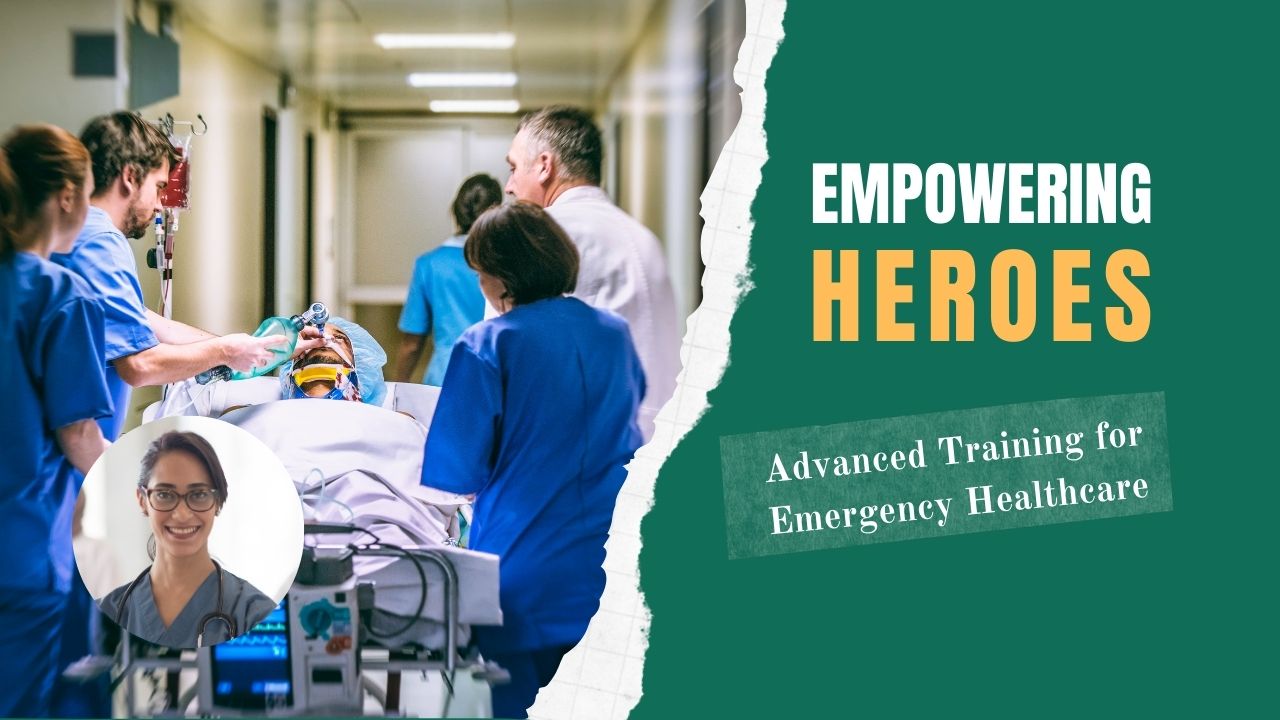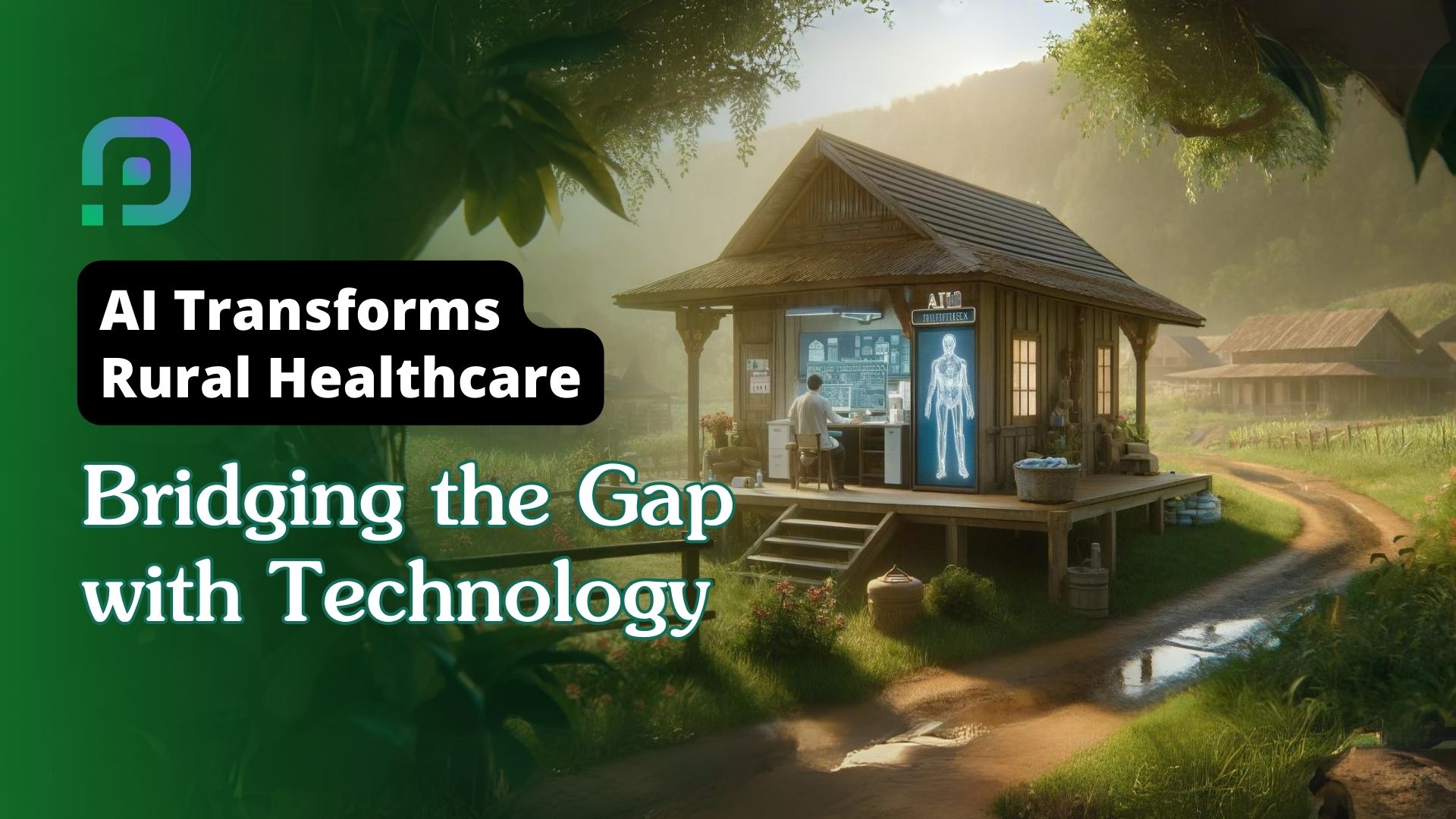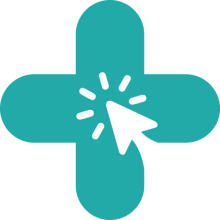Published - Thu, 27 Oct 2022

How to Approach the Patient with Dermatologic Lesions
PATIENT HISTORY: Answers to the following questions should be sought:
1. General questions: Duration, changes over time, exacerbating/alleviating factors, travel history?
2. Questions about symptoms: Itching, painful, swelling, change in color, associated symptoms?
3. Questions about the past medical history: New medications, occupational and social history, family history?
PHYSICAL EXAMINATION: The patient’s entire body should be examined, and the lesion should be palpated.
1. Location of lesions
a) Site: The location of the lesions on the body may offer a clue to the diagnosis. For example, varicella spares the palms and soles, and scabies favors the finger web spaces.
b) Extent: Are the lesions localized or generalized?
c) Arrangement: Are the lesions grouped or solitary?
2. Appearance of lesions
a) Margins can be raised (as in psoriasis) or more active peripherally (as in tinea).
b) Color: Melanin and hemoglobin are responsible for the colors of lesions.
c) Shape: Annular lesions have clear or contrasting centers (e.g., the target lesions of Stevens-Johnson syndrome).
d) Scale: The epidermis is replaced every 28 days. In psoriasis, the basal cells are mitotically active and produce an epidermis or scale.
TYPES OF LESIONS
a) Macules are flat lesions, measuring less than 1cm in diameter that are different in color from the normal skin tone (e.g., measles).
b) Papules are circumscribed, palpable elevations of the skin measuring less than 1cm in diameter (e.g., scabies).
c) Nodules are circumscribed, palpable elevations of the skin measuring greater than 1 cm in diameter (e.g., erythema nodosum).
d) Patches are flat lesions greater than 1cm in diameter (e.g., pityriasis rosea).
e) Plaques are raised lesions measuring greater than 1cm in diameter (e.g., psoriasis).
f) Pustules are raised lesions greater than 0.5 cm in diameter that contains yellow fluid (e.g., abscesses).
g) Vesicles are raised lesions up to 0.5 cm in diameter that contains clear fluid (e.g., herpes simplex).
h) Bullae are vesicles that are greater than 0.5 cm in diameter (e.g., pemphigus).
i) The crust is a dried exudate (e.g., impetigo).
DIFFERENTIAL DIAGNOSES: Many systemic diseases have cutaneous manifestations. For example:
1. Necrobiosis lipoidica diabeticorum, an oval, yellowish, shiny plaque with sharp borders, is a characteristic lesion usually located on the shins of patients with diabetes.
2. Erythema nodosum lesions may be seen in patients with ulcerative colitis.
3. Erythema multiforme can be associated with viral infections such as herpes simplex.
EVALUATION
1. Microscopic examination: An ordinary microscope can be used to examine scrapings from skin lesions.
a) A potassium hydroxide (KOH) slide preparation is used when dermatophyte infections are suspected. The slide is examined for long, thin, branching hyphae.
b) A Tzanck slide preparation can confirm the diagnosis of herpes infections. Vesicle contents are smeared on a slide, and Wright’s stain or methylene blue is used for staining. Alternatively, the slide can be sent for direct fluorescent assay or enzyme-linked immunosorbent assay.
2. Wood’s light examination: A Wood’s light is an ultraviolet lamp that emits radiation at a wavelength of 360 nm.
a) In the presence of certain species of tinea capitis infection, the hair shaft will fluoresce bright green.
b) Cutaneous corynebacterial infections fluoresce coral pink.
3. Skin biopsy can be performed with basic surgical tools (e.g., forceps, scalpel, curette, scissors, and a needle holder) and is best performed by a dermatologist. A specific section of the lesion must be biopsied to obtain a satisfactory specimen for pathology. In addition, the specimen may need to be sent for immunofluorescence studies, electron microscopic examination, or culture.
Created by
Rigomo Team
Rigomo is a leading online education platform that offers a wide range of courses to help individuals enhance their skills and achieve their career goals. With our user-friendly interface and expert instructors, we strive to provide high-quality education to everyone, anytime and anywhere. Join us today and take the first step towards a brighter future.
Rigomo is an e-learning platform that was founded in 2019 by a team of dedicated professionals with a passion for revolutionizing the way people learn. The platform offers a range of online courses that cover various industries, including business, technology, healthcare, and more.
Rigomo's courses are designed to be interactive and engaging, with a focus on practical skills that learners can apply in their careers. The platform uses a combination of video lectures, quizzes, and hands-on projects to help learners master the subject matter.
Rigomo is committed to providing affordable and accessible education to people around the world. The platform offers a range of pricing options, including monthly and annual subscriptions, as well as pay-as-you-go options for individual courses.
Since its launch, Rigomo has received numerous accolades for its innovative approach to e-learning. The platform has helped thousands of learners across the globe acquire new skills and advance their careers.
As Rigomo continues to grow, the team remains committed to providing high-quality education that is accessible to all. The platform is constantly updating its courses and features to ensure that learners have access to the latest tools and technologies.
Comments (0)
Search
Popular categories
Health and Wellness
231Skill Development
7Technology
5Community Impact
2Success story
2Creativity
1Latest blogs

DeepSchool: The Story of an Idea That Refused to Sit Still
Tue, 02 Dec 2025

Transforming Emergency Care: The Story Behind Rigomo's Revolutionary PPMMP Course
Sun, 12 May 2024

Empowering Rural Healthcare: How Pogiko's AI is Bridging the Gap in Medical Services
Thu, 25 Apr 2024

Write a public review